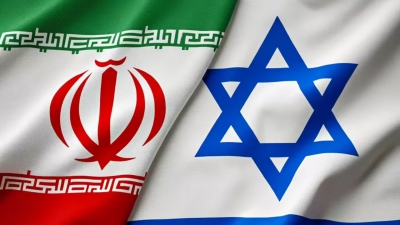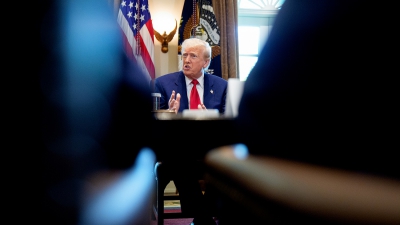Qatar Airways has just placed the largest order in civil aviation history, purchasing 210 aircraft for US$96 billion from Boeing.
The deal, announced on May 15th during U.S. President Donald Trump’s visit to the Middle East, covers 130 787 Dreamliners, 30 777-9s and options for 50 more aircraft, as well as aircraft, engines and follow-on services.
The White House statement said the deal was "the largest aircraft order in Boeing's 100-year history" and was estimated to support 154,000 U.S. jobs annually, and would create a total of more than 1 million jobs in the United States during the production and delivery process.
Not only Boeing (NYSE: BA), but also American engine manufacturer GE Aerospace (NYSE: GE) has benefited greatly from this. The 210 Boeing aircraft ordered are all equipped with GE Aerospace engines, which means more than 400 GEnx and GE9X engines, making this deal the company's largest wide-body aircraft engine deal in history.
During Trump's four-day trip to the Middle East from May 13th to 16th, Boeing received more than 268 aircraft orders, including 210 from Qatar, 30 from Saudi Arabia, and 28 from the UAE. His "aircraft diplomacy" was very fruitful.

01 Three Middle Eastern countries placed orders for 268 Boeing aircraft
Due to the large amount of aircraft purchases and their strong weather vane significance, "aircraft diplomacy" has always been a common tactic in the field of international politics, and large orders are often announced during state visits by leaders.
On May 13th, during Trump's visit to Saudi Arabia, AviLease, an aircraft leasing company under the Saudi Public Investment Fund (PIF), announced that it had reached an agreement with Boeing to purchase 20 Boeing 737-8 aircraft, with an option to purchase 10 more.
Qatar was the second stop of Trump's Middle East tour, during which Qatar's national airline Qatar Airways announced the purchase of 210 Boeing aircraft. Boeing CEO Kelly Ortberg attended the signing ceremony in Doha, the capital of Qatar, with Trump.
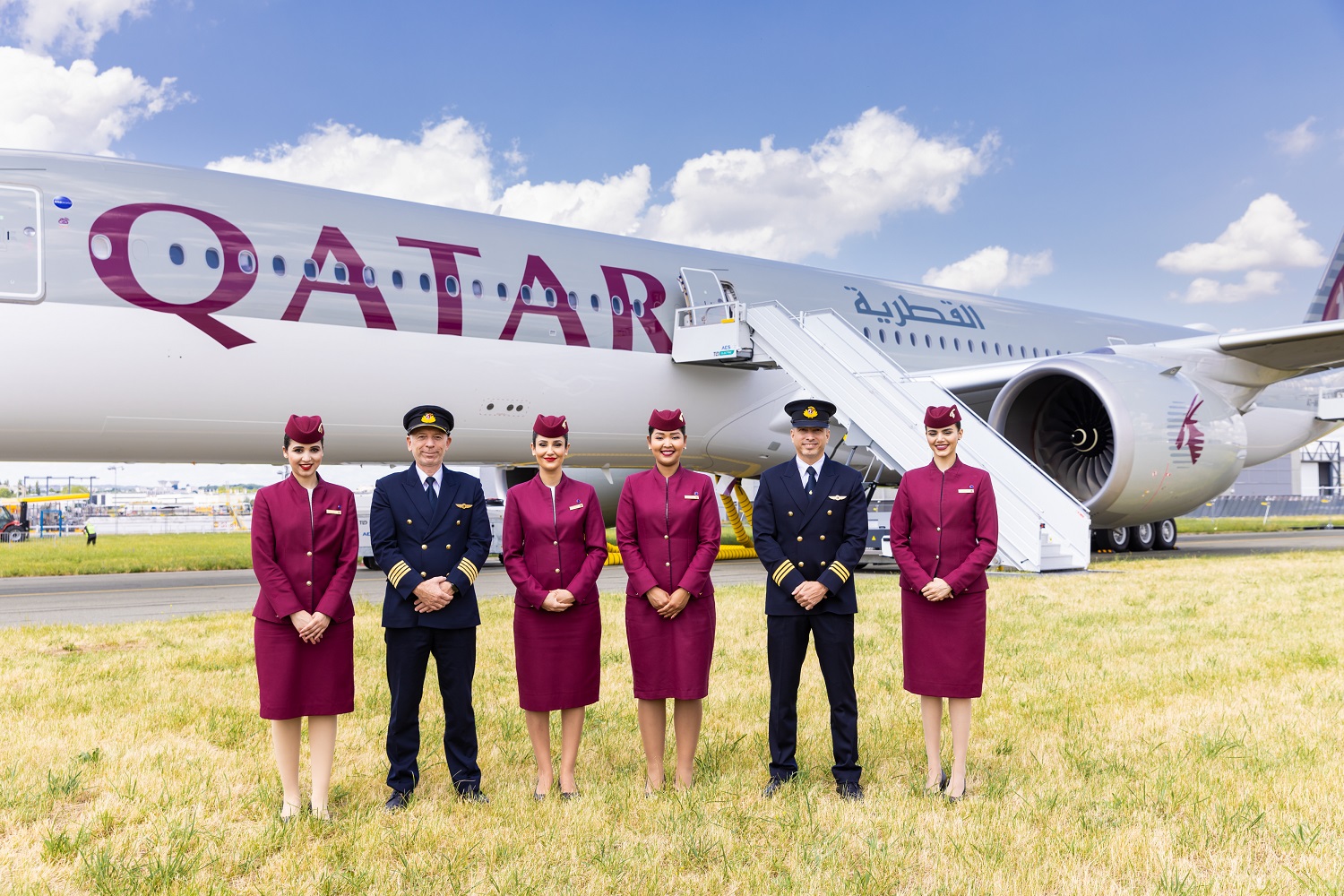
In the third stop, the UAE, aircraft was also a focus of purchase. According to a statement issued by the White House, the United States and the UAE signed an economic agreement worth more than $200 billion, including Etihad Airways' commitment to invest $14.5 billion to purchase 28 Boeing 787 Dreamliners and Boeing 777X aircraft.
In Saudi Arabia, Qatar and the UAE, the United States has signed commercial agreements worth more than $100 billion with all three countries, covering areas such as defense, aviation, energy and artificial intelligence.
At the same time, Trump also received huge investment commitments from the above three countries. For example, Saudi Arabia promised to invest $600 billion, Qatar stated that it will have at least $1.2 trillion in "economic exchanges" with the United States in the future, and the UAE announced a $1.4 trillion investment plan for the next decade.
Taking Qatar as an example, the United States and Qatar reached an economic agreement with a total value of US$243.5 billion. In addition to the $96 billion aircraft order, Qatar also reached procurement agreements with Raytheon Technologies and General Atomics covering areas such as drones.
In addition to official purchases, the Qatari royal family recently announced that it would give Trump a Boeing 747-8 worth $400 million to be converted into the presidential plane "Air Force One" and for Trump's private use after he leaves office. This move has triggered public doubts about ethical issues such as conflicts of interest and violations of the law, and has not yet been finalized.
Big deals from the Middle East are a boon for Boeing, which has not turned a profit since 2018. Boeing lost $11.8 billion in 2024, but its losses are narrowing as it accelerates aircraft deliveries in 2025.
Boeing's first quarter financial report for 2025 showed that the company achieved revenue of US$19.496 billion in the quarter, an increase of 18% over the same period last year; its net loss reached US$31 million and began to narrow.
As of the end of the first quarter, Boeing's undelivered orders totaled $545 billion, including more than 5,600 commercial aircraft. At Boeing's current production capacity, it will take six to seven years to deliver.
Previously, the largest order in civil aviation history was placed by India's IndiGo in 2023, which ordered 500 Airbus A320neo series aircraft worth approximately US$52 billion.
In terms of the number of aircraft, India's Indigo Airlines' 500 orders still hold the record, while in terms of value, Qatar Airways' $96 billion order is the largest known order in civil aviation history.
02 Expansion ambitions of Middle Eastern airlines
Qatar Airways currently has 230 aircraft, and this order for 210 aircraft is expected to double its fleet. In particular, most of the purchases are Boeing 787 Dreamliners and 777X series wide-body aircraft, which will enable Qatar Airways to expand more intercontinental long-haul routes, increase its share and influence in the global aviation market, and strengthen its position as a super hub airline connecting the East and the West.
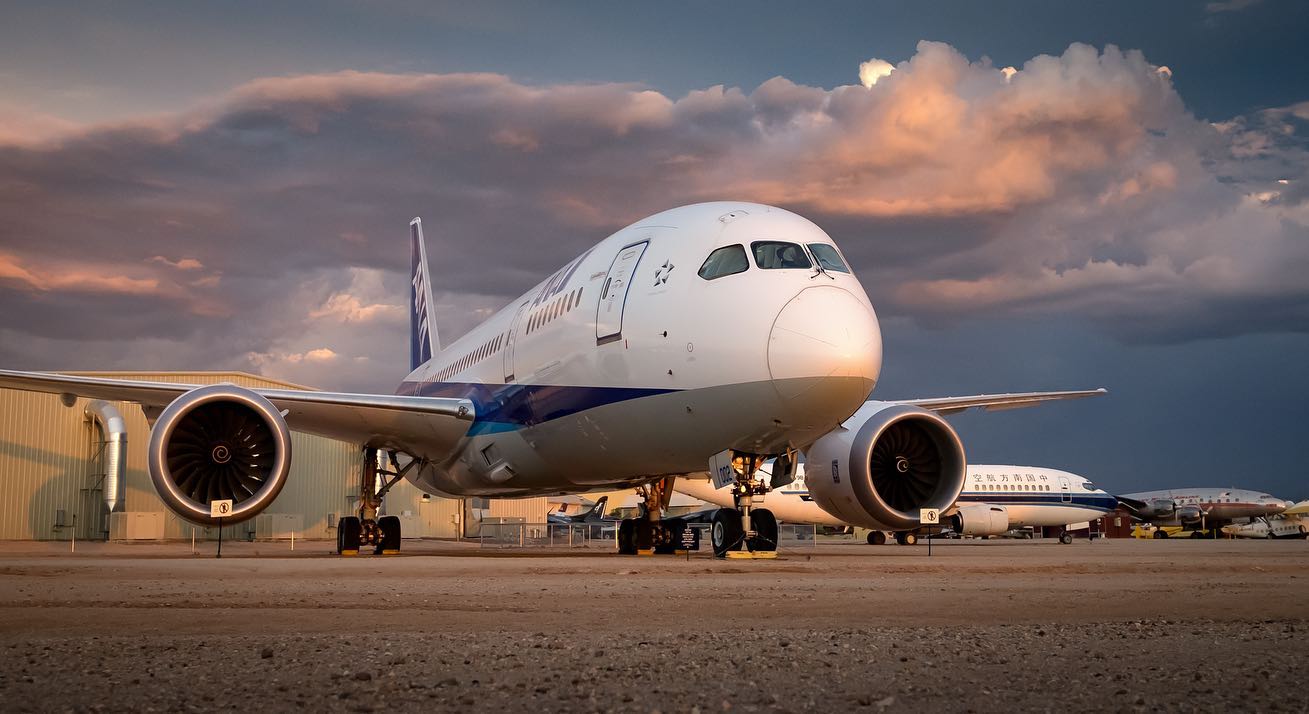
Qatar Airways has been profitable in the past two years, which has provided confidence for large-scale aircraft purchases. In the 2023/24 fiscal year, Qatar Airways achieved a record total revenue of 81 billion Qatari riyals, a year-on-year increase of 6%; net profit of 6.1 billion Qatari riyals, and an EBITDA margin of 24%.
“Building on two years of record-breaking commercial performance and this historic order for Boeing aircraft, we are not just building scale; we are building the capabilities that will enable us to continue to deliver an unrivalled product and customer experience,” said Badr Mohammed Al Mir, chief executive of Qatar Airways.
The Middle East is located at the intersection of Europe, Asia and Africa, and is an important aviation transit point. Cities such as Dubai and Abu Dhabi in the United Arab Emirates and Doha in Qatar have similar flight times to Europe, Asia-Pacific and Africa, which creates geographical advantages for Middle Eastern airlines to build a global route network and attract a large number of transit passengers.
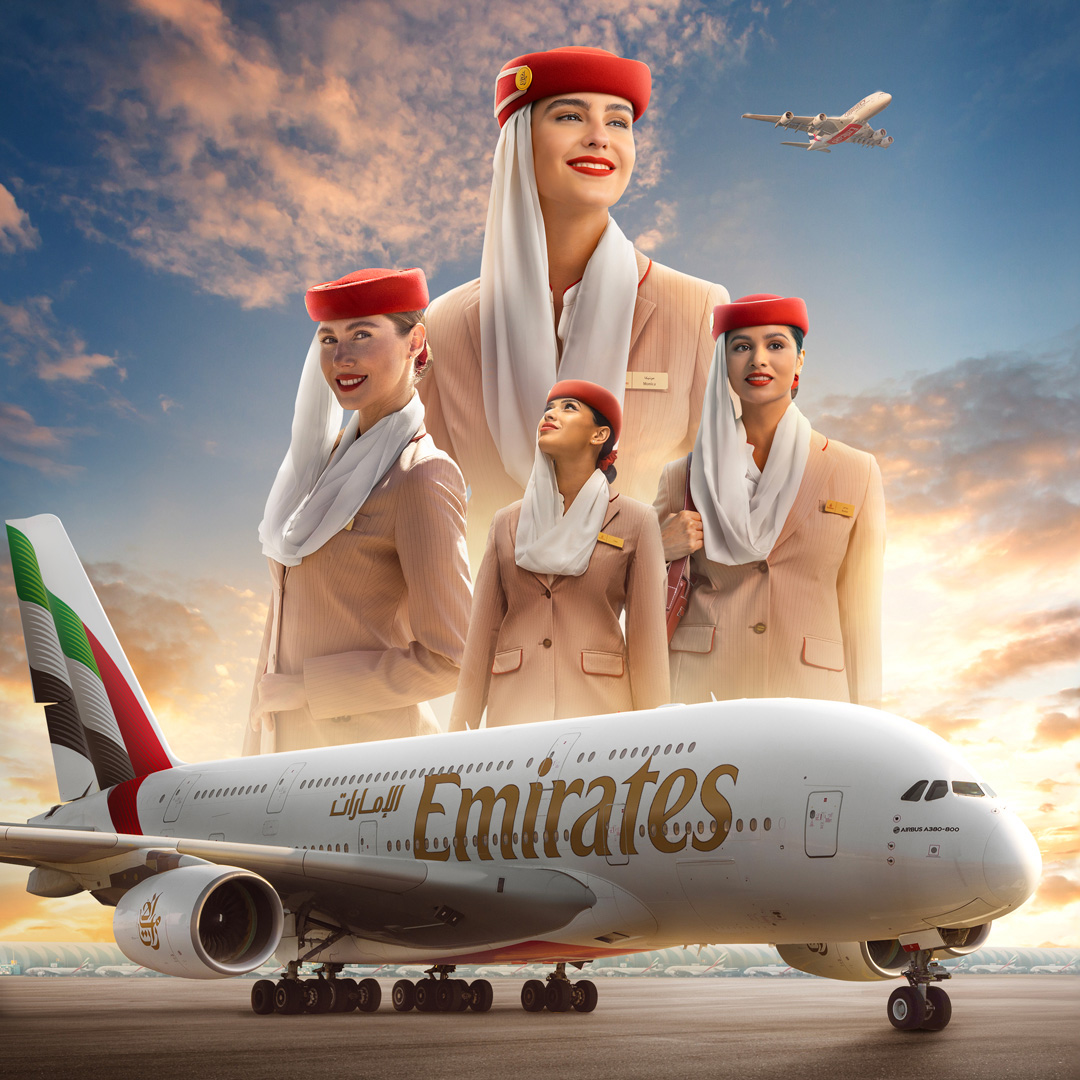
With its open aviation policy, it has fostered many world-class airlines. Take the UAE as an example, it has signed more than 187 air transport agreements and notifications with many countries around the world, most of which are open sky agreements, allowing unlimited flights between any locations with any capacity and frequency, which greatly facilitates the cross-border route operations of companies such as Emirates Airlines, enabling them to freely expand their route networks and increase flight frequencies.
In order to enhance their competitiveness, airlines in the Middle East have formulated long-term strategic plans, of which fleet expansion is an important part, in order to expand route networks and increase market share.
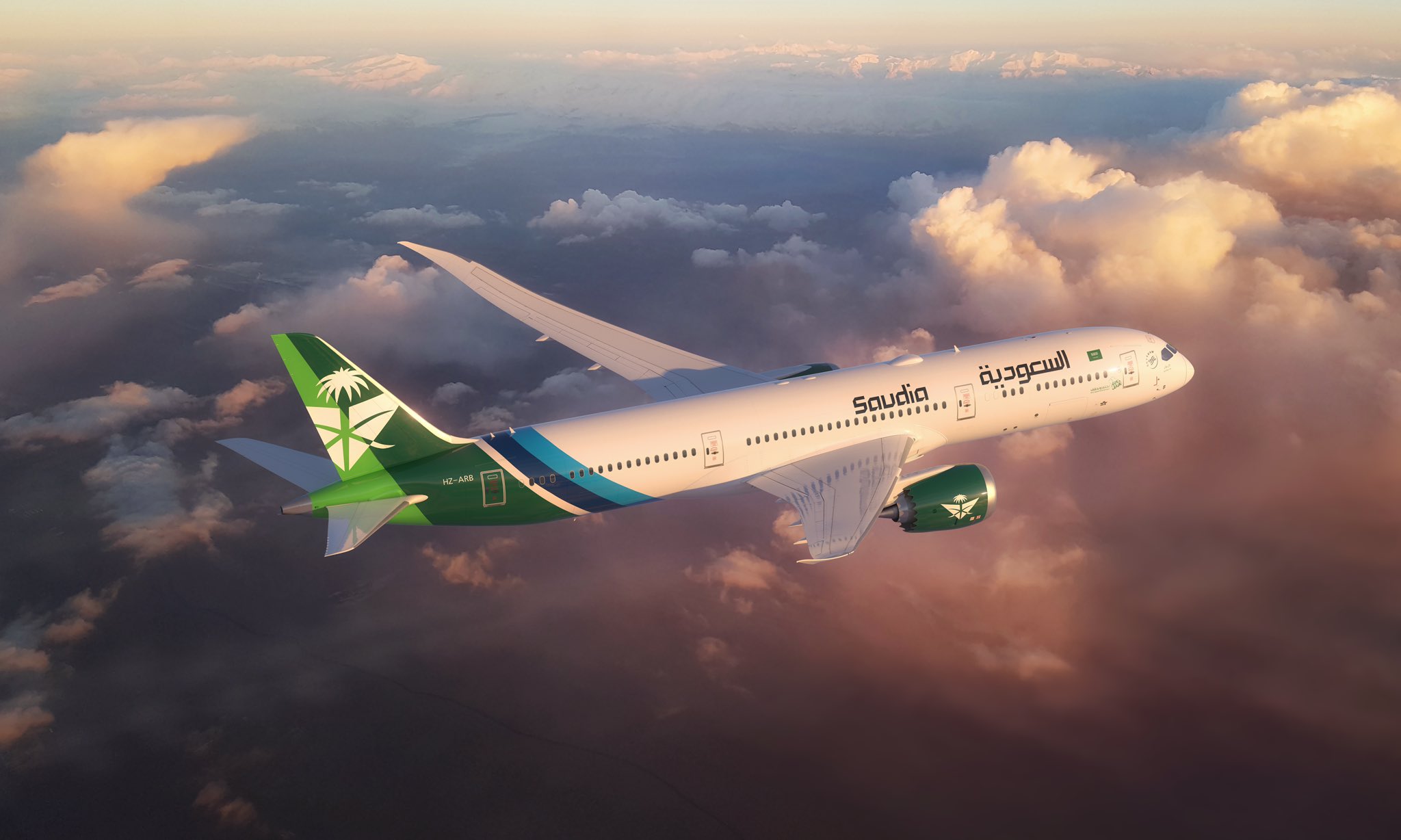
For example, in December 2024, Saudi Arabian Airlines announced that it would order 49 fuel-efficient Boeing 787 Dreamliners by 2026 to expand its long-haul fleet and improve efficiency; Emirates Airlines signed a $52 billion order at the 2023 Dubai Airshow to purchase 90 Boeing 777 aircraft and several 787 aircraft; Saudi Arabia's Riyadh Air was just established in 2024 and ordered 75 Boeing 787 aircraft.
It should be emphasized that although Middle Eastern airlines have recently increased their purchases of Boeing aircraft, especially wide-body aircraft, the Middle Eastern aviation market is not completely one-sided in choosing Boeing. Airbus also has important customers and orders in the Middle Eastern market.
For example, Saudi Arabian Airlines ordered 93 A321NEOs and 12 A320NEOs from Airbus on May 20th, 2024, with a total value of up to US$19 billion. Since aircraft are very expensive, airlines will consider a variety of factors when selecting suppliers to meet their own development strategies and operational needs.
Middle Eastern airlines generally have great ambitions. Qatar Airways, which has just set a record in civil aviation history, has been named "Airline of the Year" by Skytrax, an international air transport rating agency, for eight consecutive years. It is famous for its high-quality business class hardware and services. By purchasing large quantities of Boeing wide-body aircraft, it can compete with competitors such as Emirates Airlines and Etihad Airways and further consolidate its leading position in the Middle East.
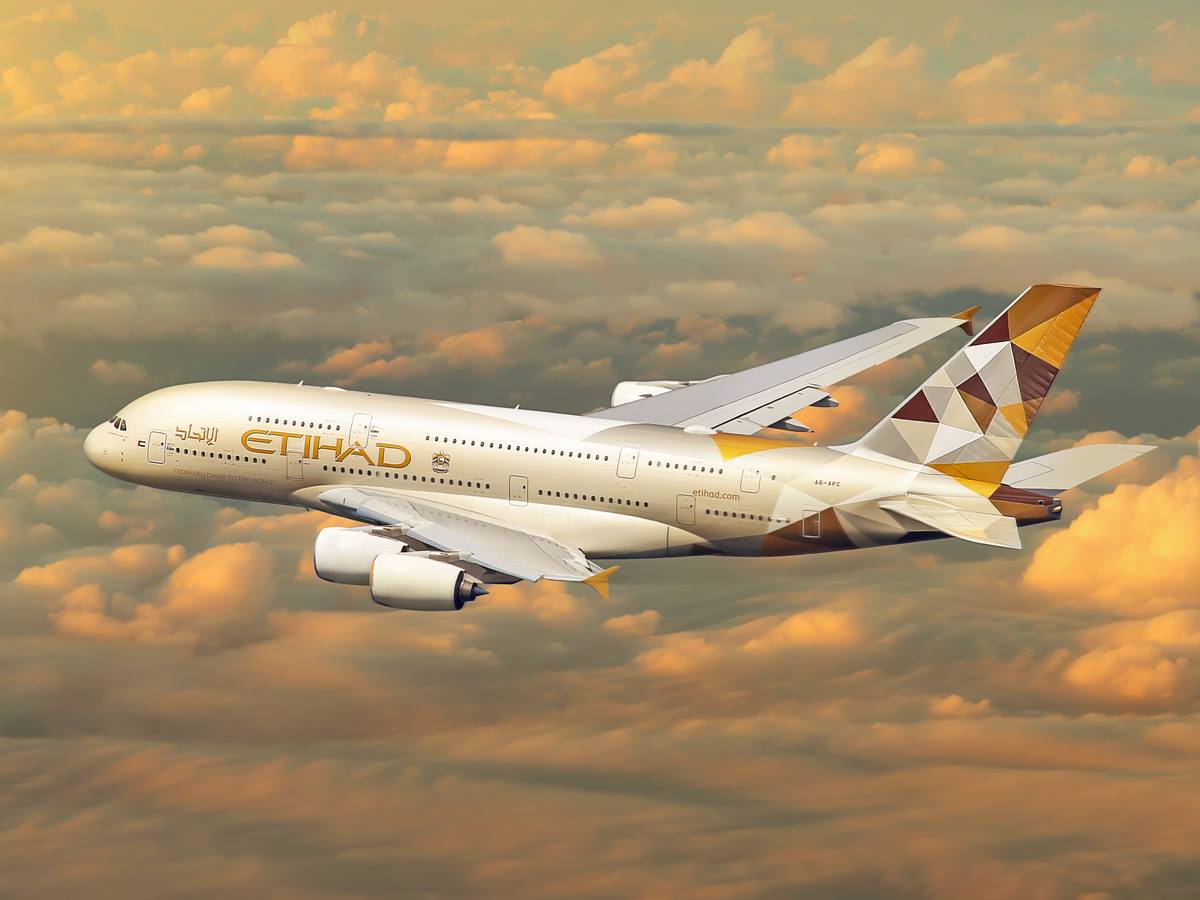
According to a report by Oliver Wyman, the compound annual growth rate of the commercial airline fleet in the Middle East is expected to be 5.1% from 2025 to 2035, higher than the global average of 2.8%. By 2035, the size of the commercial airline fleet in the Middle East will increase from approximately 1,800 in 2025 to 2,557, and its share of the global fleet will increase from 5.3% to 6.7%.







